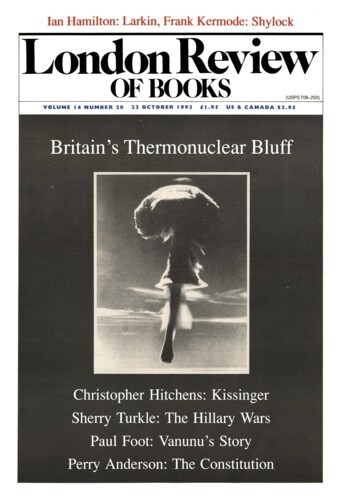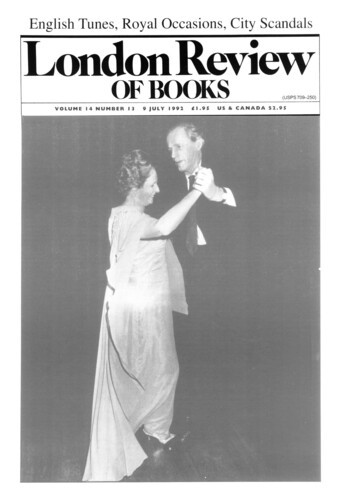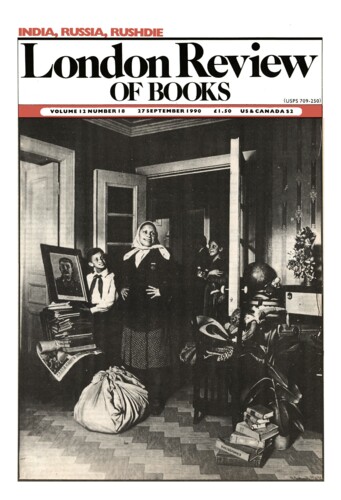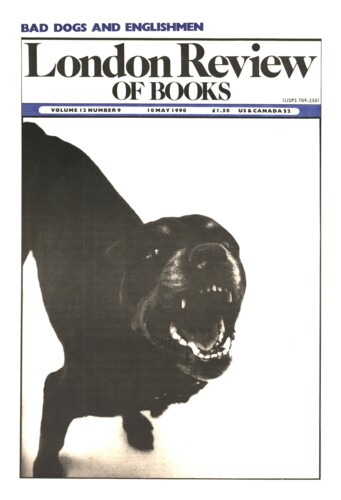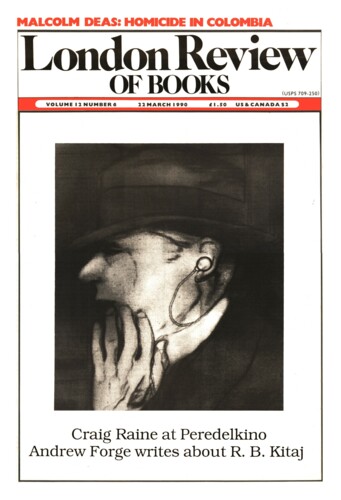Poem: ‘For Charles Worlock, transported to Australia, 1842’
C.H. Sisson, 22 October 1992
Another candidate for recollection Is Charles Worlock, surely from my mother’s family, For they farmed in Gloucestershire since who knows when – Perhaps since Saxon times there on the marches – And he embarked under the shining arches Of North Star and Plough, 22, fair, 5 ft 10, No further away than Bristol, to where he would see The blaze instead of southern constellations.
...
